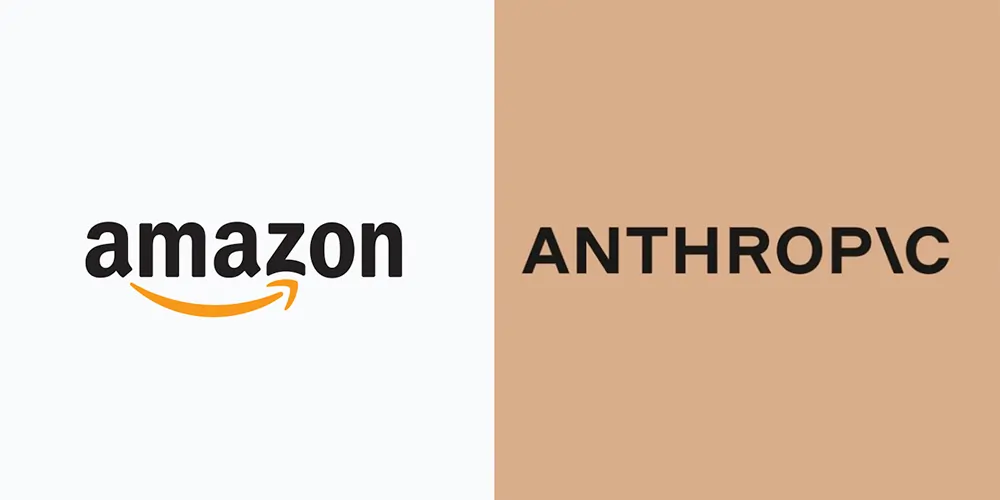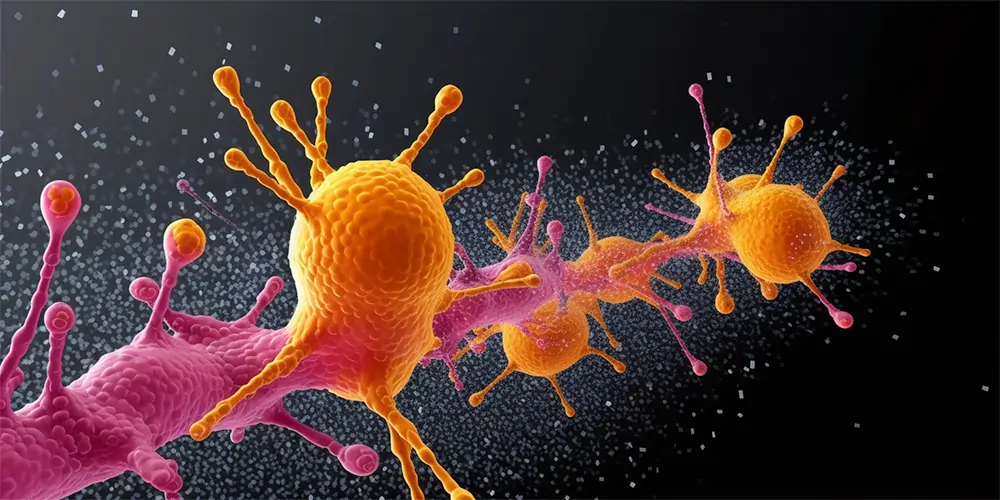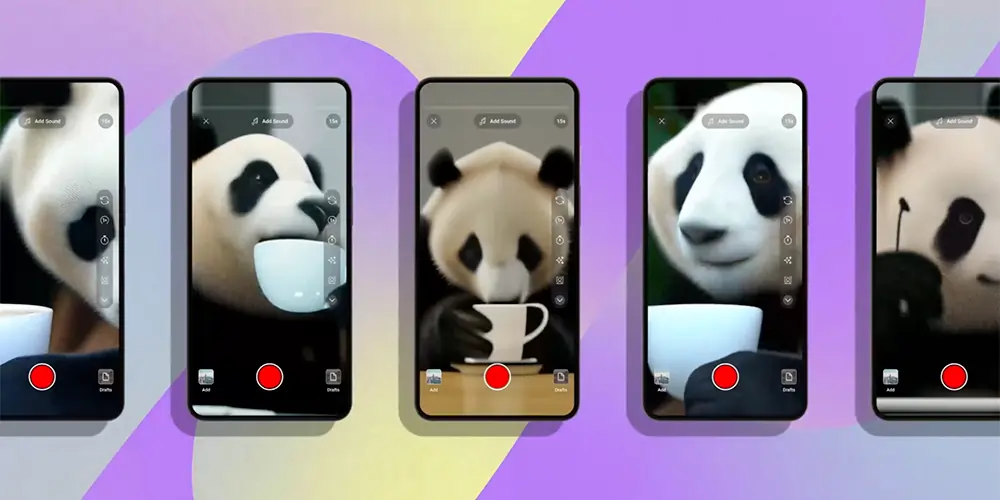As the music industry scrambles to address the sudden emergence of AI-generated songs using artists’ voices, Grimes, the Canadian pop singer known for exploring the relationship between humans and machines, takes a unique stance.
While major record labels like Universal Music are attempting to prevent the use of AI voice tracks featuring famous artists, Grimes openly offers her voice to be cloned by AI without penalty.
This controversial move raises questions about copyright law and the industry’s future direction.
Recently, Universal Music convinced streaming services to take down a song titled “Heart On My Sleeve.” This track incorporated deep-faked vocals imitating prominent artists Drake and The Weeknd.
Although the label claims that training AI using their artists’ music violates copyright law, the situation remains a legal grey area.
Grimes: The AI “Guinea Pig” and Copyright Challenger
Grimes, whose real name is Claire Boucher, announced on Twitter, “I’ll split 50% royalties on any successful AI-generated song that uses my voice. Feel free to use my voice without penalty. I have no label and no legal bindings”
She is offering the same deal as she would with any artist she collaborates with, contrasting with the recent disputes over AI-generated music and copyright law.
Regarding concerns about her voice being used for graphic, racist, or violent content, Grimes clarified on Twitter, “I may do copyright takedowns ONLY for really toxic lyrics.”
She also expressed uncertainty about her legal rights surrounding the takedown of songs using her voice, stating, “Curious what the actual legality is. I think I chose not to copyright my name and likeness back when that was a convo.”
Artists Embracing AI in Music: Creative Freedom or Ethical Quandary?
Grimes is one of many artists to embrace voice cloning and AI tools.
In 2021, experimental musician Holly Herndon unveiled her artificial voice, Holly Plus. This innovative tool enables users to upload audio files and obtain new versions with vocals in Herndon’s voice.
However, it is worth noting that only members of Herndon’s decentralised autonomous organisation (DAO) can generate revenue from this voice model.
Grimes’ stance on AI-generated music sparks a debate about ethics, consent, and labour in the music industry.
Some artists, like Holly Herndon and YACHT, have adopted AI as a creative tool. In contrast, others are reluctant or unaware of the possibilities.
Kevin Erickson, director of the Future of Music Coalition, emphasised the importance of consent, stating that bypassing it due to technological advancements would mean ignoring essential ethical and labour-related questions.
As Grimes pushes boundaries and challenges conventional thinking in the music industry, her actions could redefine the future of music and its relationship with artificial intelligence.
In one of her tweets, she mentioned being “energised by the idea of open-sourcing all art and killing copyright,” further demonstrating her vision for a more open and collaborative creative landscape.




